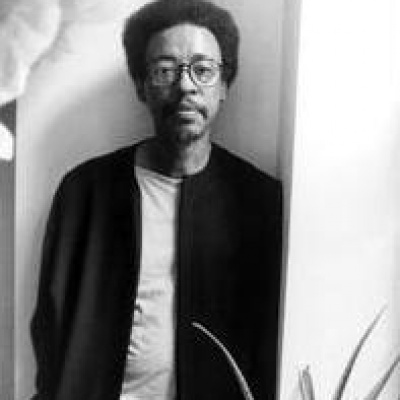
Henry Threadgill
by Chris Kelsey The jazz avant-garde has produced dozens of notable improvisers (not surprisingly, since improvisation is arguably the musics defining element) but relatively few great composers. Henry Threadgill is a member of that exclusive club. With his fellow Chicagoans Anthony Braxton and Muhal Richard Abrams, hes one of the most original jazz composers of his generation. Threadgills art transcends stylistic boundaries. He embraces the world of music in its entirety, from ragtime to circus marches to classical to bop, free jazz, and beyond. Such might sound merely eclectic in the telling, but in truth, Threadgill always sounds like Threadgill. A given project might exploit a particular genre or odd instrumentation, but whatever the slant, it always bears its composers inimitable personality. Threadgill is also an alto saxophonist of distinction; his dry, heavily articulated manner is a precursor to that of a younger Chicagoan, the alto saxophonist Steve Coleman (no coincidence, one would suspect). Threadgill took up music as a child, first playing percussion in marching bands, then learning baritone sax and clarinet. He was involved with the AACM (Association for the Advancement of Creative Musicians) from its beginnings in the early 60s, collaborating with fellow members Joseph Jarman and Roscoe Mitchell and playing in Muhal Richard Abrams legendary Experimental Band. From 1965-1967 he toured with the gospel singer Jo Jo Morris. He then served in the military for a time, performing with an army rock band. After his discharge, he returned to Chicago, where he played in a blues band and resumed his association with Abrams and the AACM. He went on to earn his bachelors degree in music at the American Conservatory of Music; he also studied at Governors State University. In 1971 he formed Reflection with drummer Steve McCall and bassist Fred Hopkins. The trio would re-form four years later as Air and would go on to record frequently to great acclaim. Its 1979 album Air Lore featured contemporary takes on such early jazz tunes as King Porter Stomp and Buddy Boldens Blues, prefiguring the wave of nostalgia which was to dominate jazz in the following decade. Threadgill moved to New York in the mid-70s, where he began forming and composing for a number of ensembles. Threadgill began showing a love for unusual instrumentation; for instance, his Sextett (actually a septet), used a cellist, and his Very Very Circus included two tubas. In the mid-90s he landed a (short-lived) recording contract with Columbia, which produced a couple of excellent albums. Throughout the 80s and 90s Threadgills music became increasingly polished and sophisticated. A restless soul, he never stood still, creating for a variety of top-notch ensembles, every one different. A pair of 2001 releases illustrates this particularly well. On Up Popped the Two Lips (Pi Recordings), his Zooid ensemble combines Threadgills alto and flute with acoustic guitar, oud, tuba, cello, and drums — an un-jazz-like instrumentation that nevertheless grooves and swings with great agility. Everybodys Mouths a Book features his Make a Move band, which consists of the leaders horns, with vibes and marimba, electric and acoustic guitars, electric bass, and drums — a more traditional setup in a way, but no less original in concept.
